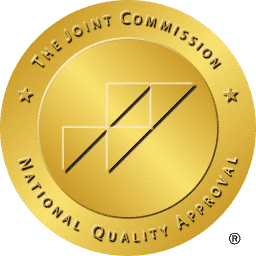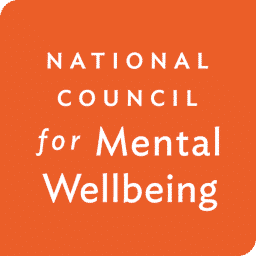On March 4, 2016 the Good Care Collaborative (GCC) held a site visit at Care Plus NJ, Inc. (CarePlus) in Paramus to highlight the CarePlus model of integrated care and discuss the triumphs and barriers in providing a full spectrum of services to individuals with the most complex case management needs.
The event was organized by the GCC, which is a project of the Camden Coalition of Healthcare Providers. The GCC is a statewide coalition of consumer advocates, providers, payers and policy leaders on a mission to transform the New Jersey Medicaid system into a national model that efficiently delivers good care.
Mark Humowiecki, General Counsel and Director of External Affairs at the Camden Coalition began the morning by explaining the GCC vision and introducing Joe Masciandaro, CEO and President at CarePlus.
“We are here today, and we are working together as the GCC to ensure that people like Joe and the CarePlus team are able to continue to provide the most optimal and effective services,” remarked Humowiecki.
Masciandaro welcomed the guests, who represented a number of organizations throughout the state, and proceeded to introduce Valerie Mielke, Assistant Commissioner for Division of Mental Health and Addiction Services.
Mielke touched on policies that were related to the concerns of those in attendance. The focus of the event was evident as Mielke praised the efforts of CarePlus in being the first in the state to create an effective Behavioral Health Home (BHH) model.
The state BHH model is unique in that it targets individuals who are high-utilizers in the Medicaid population. By providing adequate care coordination and case management, the CarePlus approach has been able to demonstrate positive outcomes and significant cost savings.
“Providing effective care is a lot like making a lasagna,” Masciandaro explained figuratively. “You have each of the individual ingredients, and they’re all great – but until they all come together it’s not a lasagna. It’s the same way with behavioral health care.”
Masciandaro asserted the importance of the four pillars of integrated behavioral health care: primary care, mental health care, substance abuse treatment, and access to social services. A straight forward explanation of the CarePlus approach and outcomes was presented by Masciandaro and Kathy Bianco, VP of Clinical Services at CarePlus. Their presentation demonstrated how CarePlus addresses each of the four pillars through various programs and services available through the agency.
A patient-perspective panel followed the presentation, emphasizing the importance of the unique environment at CarePlus. Four staff members and one individual enrolled in the BHH services sat on the panel. The group noted that the on-site gym, primary care center and pharmacy were essential components in producing the positive outcomes. The compassion and trustworthiness of staff in their relationships with those enrolled in services was also highlighted.
In addition to reducing Emergency Room visits by 82% since 2009, the CarePlus approach helped individuals to make lifestyle changes though nutritional decisions, exercise and stress management. By taking a person-centered perspective, encouraging the individuals to take personal responsibility, setting goals, and creating action plans, CarePlus staff have been able to more actively engage those individuals in their unique wellness plan.
“Success looks different for each individual. It depends on what they are looking to achieve,” explained Sean Sundberg, Director of Integrated Case Management Services and Health Management Solutions at CarePlus.
The CarePlus Health Management Solutions (HMS) team has a goal of expanding the reach of the BHH model beyond the Medicaid population so that more individuals can benefit. When asked about the difference between BHH and HMS, the panel clarified that the only difference is that the BHH model is only available for the Medicaid population whereas HMS is more encompassing.
The HMS model takes the same person-centered approach of building rapport, identifying goals, and establishing care coordination through the extensive list of programs and services available through CarePlus, community partners and external resources.
Masciandaro explained that reimbursement rates are one of the greatest threats to the sustainability of CarePlus approach. Another obstacle that other organizations may face in attempting to recreate the model involves licensing. Senator Vitale has introduced legislation that would allow for ambulatory care facilities including FQHCs to have dual licenses.
These barriers and other policy issues were brought to the surface during the legislative panel, consisting of Masciandaro; Joseph A. Lagana, Assemblyman for Legislative District 38; Gary S. Schaer, Assemblyman for Legislative District 36; and Jennifer Mancuso, Chief of Staff for the Office of Senator Robert Gordon, Legislative District 38.
Assemblyman Lagana acknowledged the fact that hospitals such as Bergen Regional Medical Center are facing hardships because of the Medicaid Institute for Mental Disease Exclusion which does not allow federal billing for residential mental health facilities with more than 16 beds. Assemblyman Schaer discussed the relevant policies that he is working on including the bed data dashboard, the Alameda model and Housing First. Mancuso touched on a bill that would require insurance to provide behavioral health insurance.
“The event was a good way to take the behavioral health conversation deeper,” Masciandaro commented. “But there is a still a lot of policy work to be done so that our community-based organizations can afford to keep their doors open.”
The CarePlus team is taking an innovative approach to create a statewide network of providers through Integra Health Management Solutions, LLC (Integra). Integra has been designed to act as an enhanced concierge service and provide integrated care, coordination and expertise for the most complex cases. The vision is to improve cost effectiveness, while ensuring compliance and quality.
About the Good Care Collaborative
The Good Care Collaborative (GCC) is a coalition of providers and advocates from across New Jersey’s health care spectrum committed to sensible Medicaid reform and models of good care. The GCC is convened by the Camden Coalition of Healthcare Providers. For more information, visit http://www.goodcarecollaborative.org/

CarePlus NJ, INC. is dedicated to excellence in mental healthcare and has a commitment to life-long support needed by individuals and their families to ensure that they achieve their full potential and improve the quality of their lives.









